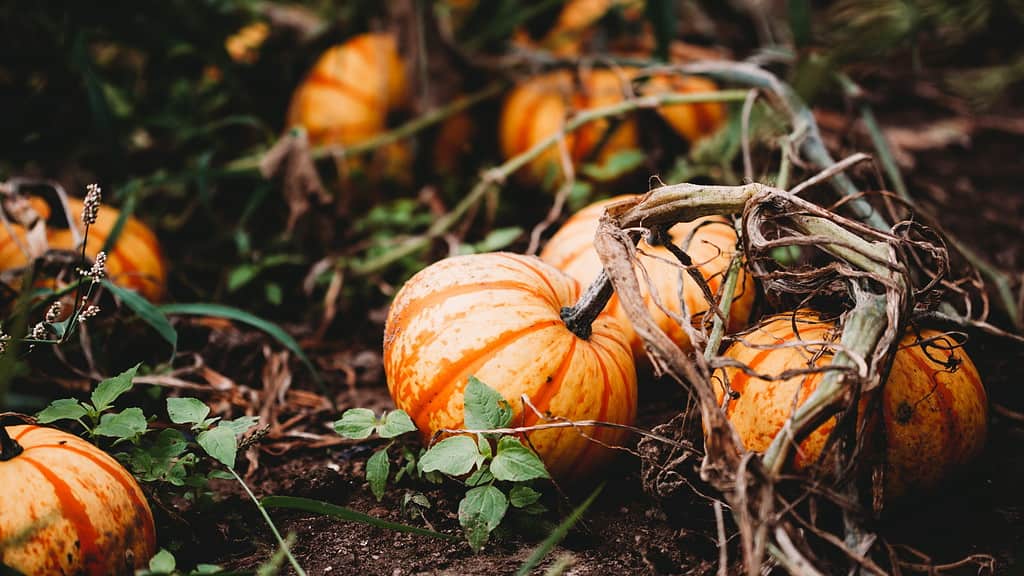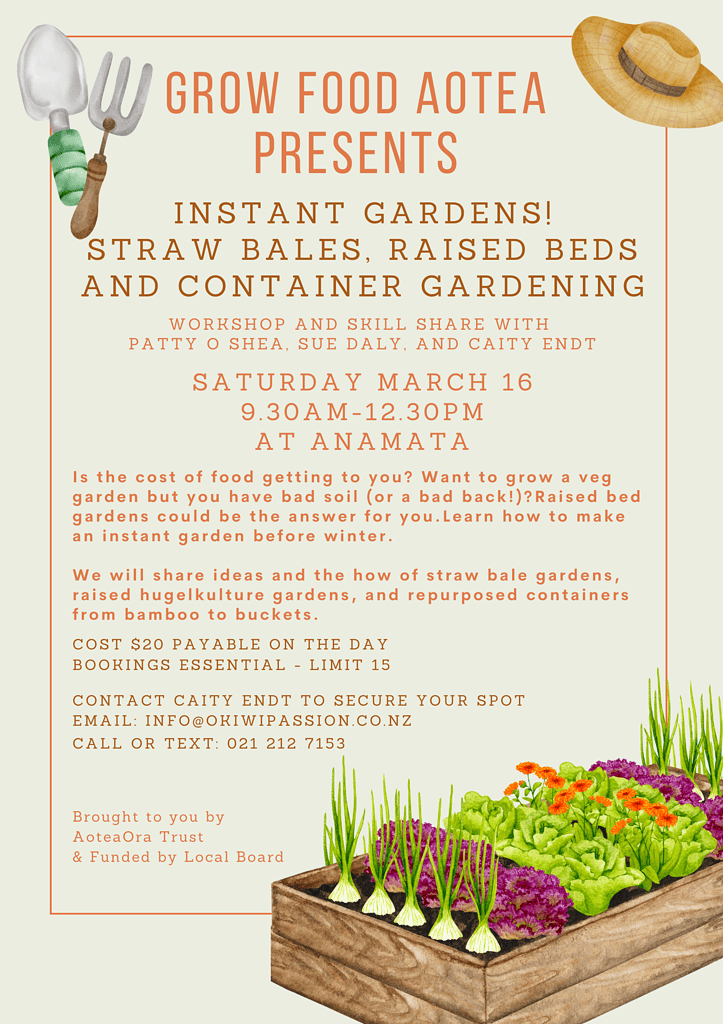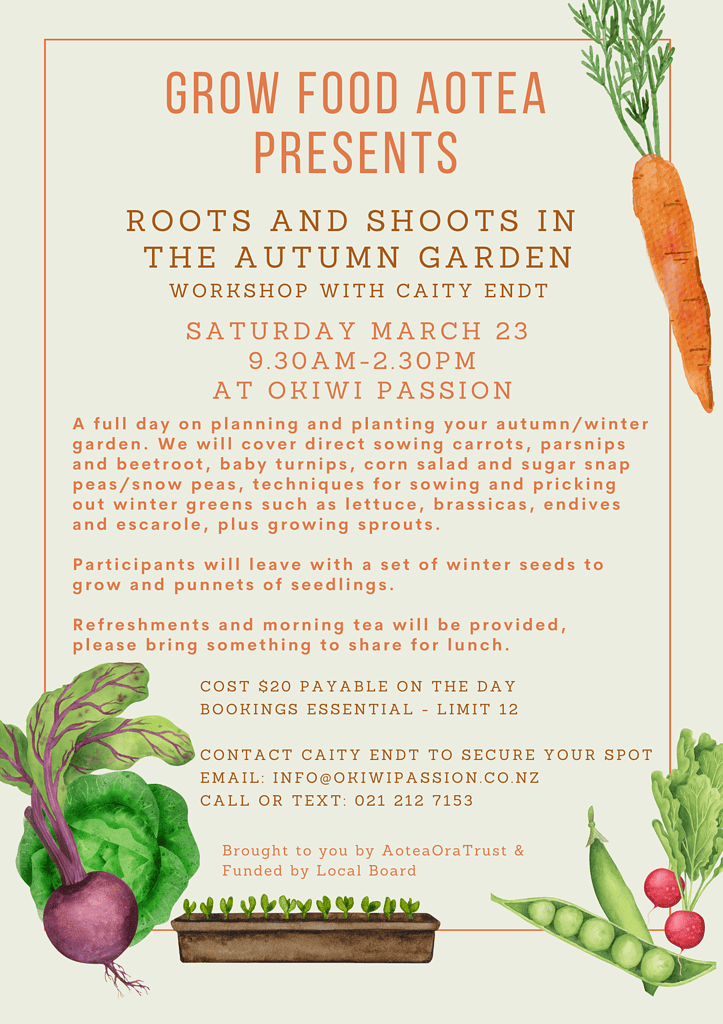The nature of nature is change and rhythm and now days are shortening and temperatures are easing. Plants are preparing for winter- ripening their seed, sending starches down the roots. Autumn offers the opportunity of harvesting crops to store over the winter, collect seeds and make way in preparation for winter delights.
Melons, pumpkins and winter squash need to be picked at the right moment. They are a little late this year due to the wet, cloudy and wild start in spring. Watermelons should have a strong yellow blotch where they lie of the soil (known as the couche), and the first two tendrils on the stem leading to the fruit should be withered. Rock melons usually announce their readiness by an abrupt change in colour that can take place over 12 hours!
They will change from grey green to being suffused with an orange glow, and release their delicious aroma. Many varieties will “slip” from the vine when ripe, meaning they will pull away from the vine with minimal resistance. Be watchful to pick the melons on time as rats have an uncanny habit of knowing just when they are ripe and will dig in to devour the seeds.

The risk with pumpkins/squash is picking them too early before the starches start converting to sugars and develop rich sweet flavour and colour. Give them time but guard against rats. Check traps and reset daily.
Buttercups should develop a burnt orange spot on the couche, and the skin should resist pressure from a thumbnail. Butternuts should be an even tan/orange all over (no green or pale areas) and the stem that attaches to the fruit should be dry and woody. Grey pumpkins should also have an orange spot on the couche.
If the maturing fruit are covered by leaves, expose them to the sun so the skin hardens off before harvest.
Storing and Seed Collection
Store/cure in a sunny warm dry place for the first few weeks and protect against rats. They will benefit from a few weeks’ storage before eating, the starches will break down and give much better eating quality. For winter storage , the sun is not necessary, but keep fruit as dry as possible, separate from each other, and always protect against rats.
If you are wanting to collect seed, be careful. The pumpkin family (Cucurbits) cross very easily within each species!! Butternuts and cupolas will cross- they are both Cucurbita moschata! Kumi kumi, rampicante, spaghetti squash, acorn squash and zucchini will all cross- they are all C. pepo, even though they look so different. Your seed catalogue will tell you what species each variety is.
Grow Food Aotea March Workshops
On March 23 Grow Food Aotea will be holding a full day workshop on planning and planting the Autumn Garden – do come if you would like some guidance, inspiration and learn some new skills like direct sowing. Details below or visit the Grow Food Aotea Facebook Page.
Article and Workshops provided by Caity Endt, local growing expert and Food Resilience Coordinator



















